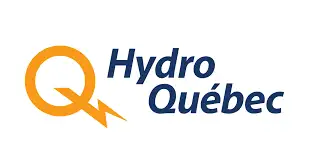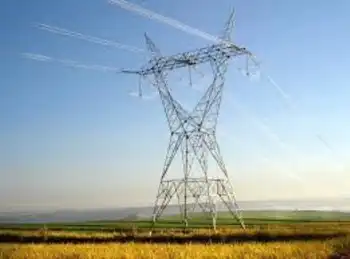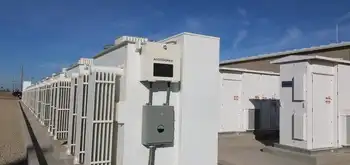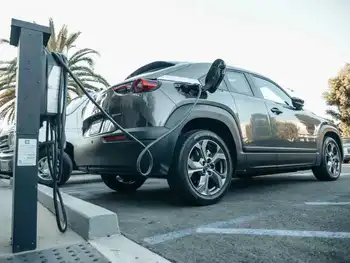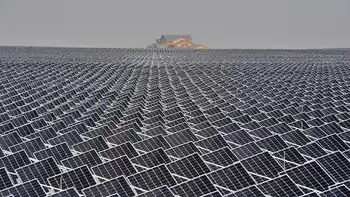Green ice resurfacer has teething problems
By CTV.ca
CSA Z462 Arc Flash Training - Electrical Safety Essentials
Our customized live online or in‑person group training can be delivered to your staff at your location.

- Live Online
- 6 hours Instructor-led
- Group Training Available
International Skating Union president Ottavio Cinquanta said he's happy officials decided to change the machines, and he believes the long track speed skating competition will proceed without further trouble.
''This has been an accurate decision of the organizers,'' Cinquanta told The Canadian Press. ''I think they have done almost the maximum they can do.''
In the interim, the Olympia machines — which run on electricity — were doing the job, after they struggled badly during competition, nearly derailing the men's 500 metres race by poor ice resurfacing.
''It was really an unfortunate situation,'' Zimmerman said of the breakdowns. ''If you are driving a car, you know it sometimes may happen and you are not really prepared for it.''
Zimmerman said two of the four Olympia ice resurfacers ''had too long spikes, and that was the reason why the third machine had to leave the track, because the surface was influenced by it.''
''We have taken away the spikes so we have three machines today which are working.''
Chief ice-maker Mark Messer said Olympia representatives came to the oval to help fix the machines, but their ''inconsistency'' presented a challenge to the ice-making staff.
''We've had little burps with it and stuff with it the whole time,'' Messer said in an interview. ''It's a prototype machine. You're always going to get a few bumps and bruises. It's just unfortunate that it happened this time.''
During the women's 3,000, racing was delayed for about 10 minutes when the primary machine dumped snow and water about 20 metres from the inside lane's finish line.
The problems were more pronounced February 15, when the Dutch team suggested the event be postponed after an even larger puddle was left behind by the back-up unit and poor machine calibration left visible grooves on the ice.
Eventually, the machine was fixed and the ice was smoothed out, allowing competition to resume after a 70 minute delay.
''It can happen,'' said Cinquanta. ''The most important thing is to resolve the problem.''
But there is considerable debate about how long officials have known about the problems. Dutch national team coach Wopke de Vegt said the Netherlands had previously voiced concerns about the Olympia machines to various officials, something the VANOC organizing group denied.
''It's not easy to work with machinery like this,'' said Magnus Enfeldt, sport and venue planning manager for VANOC.
''We knew (for) a year, I heard, that the machinery was not well. Mark Messer, he doesn't work with his own tools, he has to work with these tools and I think that's the most difficult part for him to make good ice.''
Issues with the oval ice, criticized for being slow, have been ongoing since teams began arriving in Vancouver two weeks ago and well before the Olympias started having problems.
Humidity and warmth from crowds, along with the intense heat created by the TV floodlights that ring the ice and are suspended from the ceiling have left Messer scrambling to keep the ice consistent.
After each day venue officials issue a release with the various conditions in the building to prove the ice's consistency. But not all are persuaded.
''The ice isn't a day the same and that's the problem,'' de Vegt said.
''When you have good consistency you can train well, you know what the ice does, you can (prepare) your blades as you want, you can sharpen them as you want. Now we have to change day by day, that's the most difficult part.''





